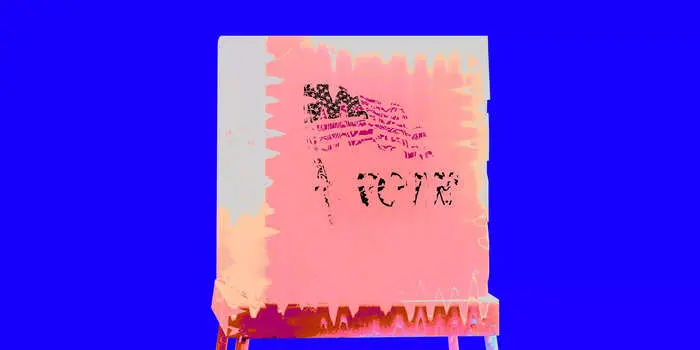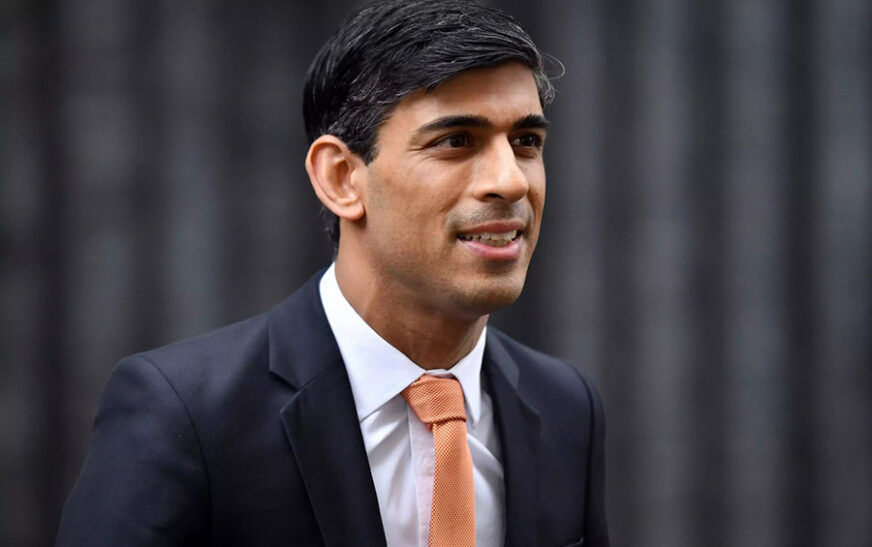As the world gears up for a significant year of elections, the looming presence of AI deepfakes casts a shadow over the democratic process. With billions of voters set to participate in elections across the globe, the challenge of discerning fact from fiction has never been more daunting.

The AI Dilemma
In 2024, voters in countries including the US, UK, India, and Mexico face a formidable task as they navigate through a sea of information to make informed decisions at the polls. Traditionally, understanding candidate policies and party platforms has been complex. However, the emergence of AI deepfakes exacerbates this challenge, further muddying the waters of credible information.
Ethan Mollick, an associate professor at Wharton, highlighted the irreversible impact of recent advances in generative AI, particularly spurred by technologies like OpenAI’s ChatGPT. These advancements significantly amplify the threat posed by AI to the integrity of democratic processes worldwide.
Real-world Consequences
The nefarious potential of AI deepfakes was starkly illustrated in New Hampshire, where voters received robocalls ahead of an unofficial Democrat primary. These calls, featuring deepfake impersonations of Joe Biden, attempted to dissuade voters from participating in the upcoming ballot. Such incidents underscore the challenge of distinguishing genuine voices from AI-generated imitations.
Research published in the journal PLOS ONE revealed the alarming difficulty individuals face in detecting artificially-generated speech, further emphasizing the potential for deepfakes to be exploited for malicious purposes.

Global Implications
Instances of AI-generated deepfakes extend beyond the US, with the UK experiencing its own share of challenges. Research uncovered over 100 deepfake video ads impersonating Prime Minister Rishi Sunak on Facebook. These ads, originating from various countries worldwide, highlight the global reach and impact of AI-driven misinformation campaigns.
While the exact perpetrators behind these deepfakes remain unclear, the widespread accessibility of AI tools underscores the ease with which such manipulations can be orchestrated by individuals with internet access.
Mitigating Measures
In response to the growing threat of AI misuse in elections, organizations like OpenAI have implemented measures to safeguard against potential abuses. OpenAI’s initiatives include the implementation of guardrails on AI models to prevent the generation of deceptive content and the prohibition of AI tools for political campaigning and lobbying.
Similarly, other entities are actively combating the proliferation of AI-generated fakery. Management consulting firm Oliver Wyman, through its social impact team, collaborates with charitable organizations to counter the spread of misinformation in online spaces. Despite these efforts, the uphill battle against AI-driven disinformation persists, posing significant challenges for voters striving to navigate a landscape fraught with uncertainty.
As the world confronts the looming specter of AI deepfakes, the need for robust safeguards and vigilant oversight becomes increasingly imperative to preserve the integrity of democratic processes worldwide.












